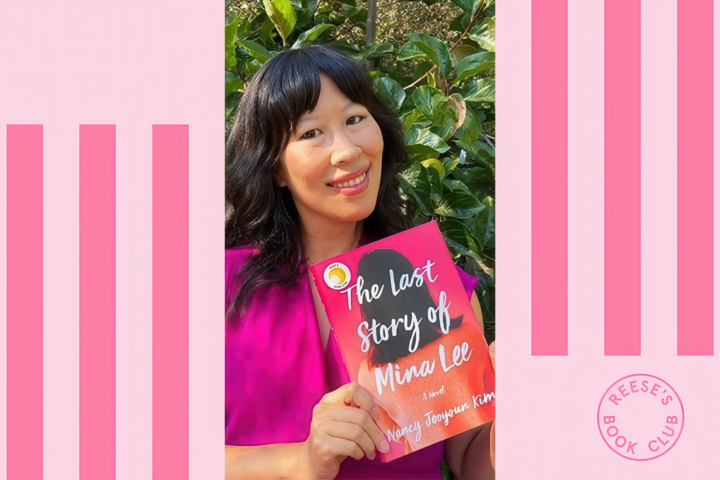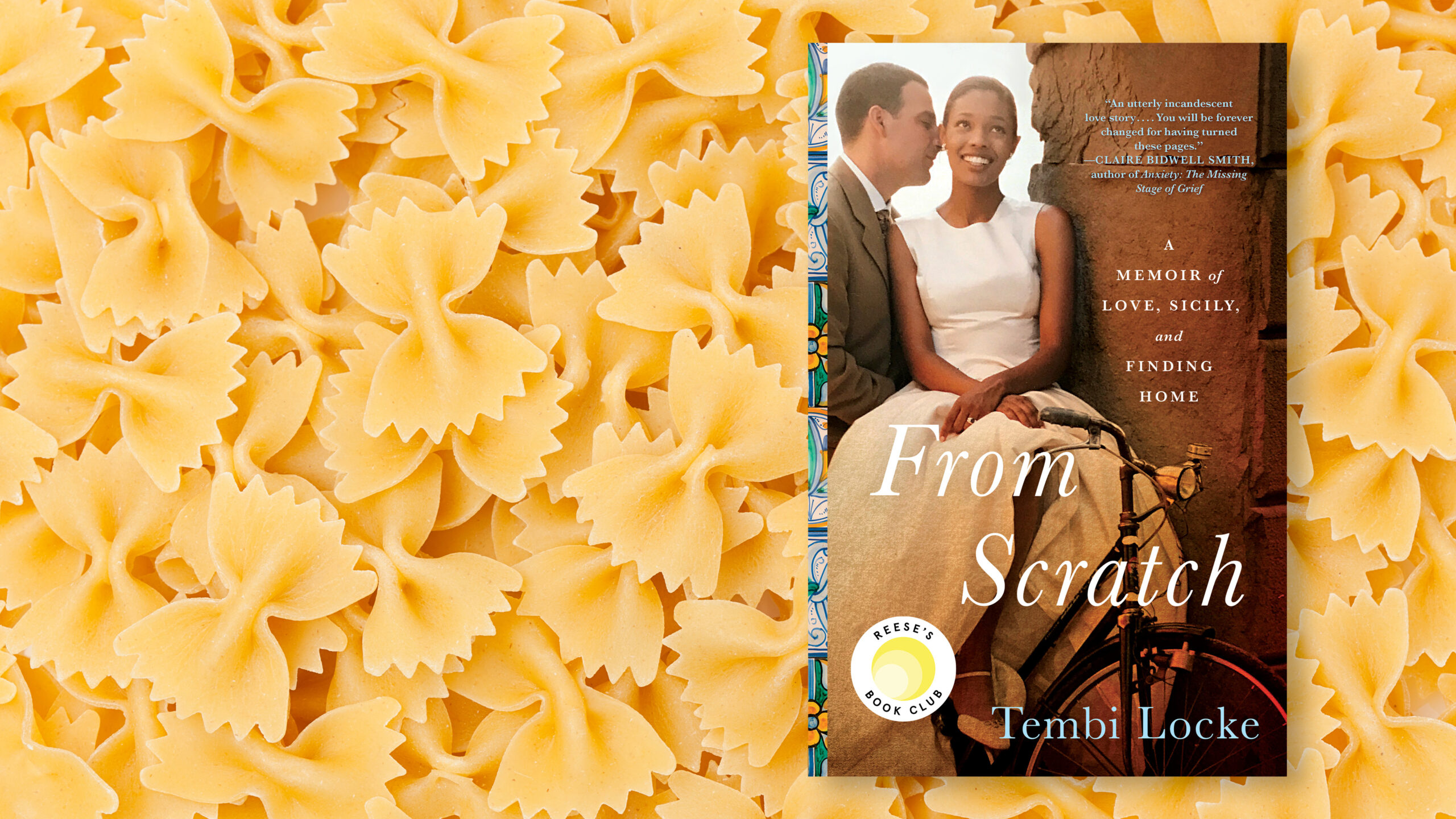Soon Chung Park
Hyun Jung Grant
Suncha Kim
Yong Ae Yue
Xiaojie Tan
Daoyou Feng
Reading these names, the names of the six women of Asian descent who were murdered on March 16 in a violent and irreversible act of white supremacy, misogyny, and classism, I can’t help but feel as if I know them somehow—in particular, in the construction, the choices that were made between the two syllables of their given names. For instance, my parents chose to combine in English the syllables of my Korean name Jooyoun into one word—like Suncha. From an article online, I learned that Suncha Kim, like my own mother, was a grandmother who enjoyed line dancing in her free time. (The detail of joy here is what I want—no, I need—to hold on to.)
How many lives did each of these women live and might still have left to live if they hadn’t been killed that night? What were the songs that they sang, that their bodies had memorized? They were not only women in the often stigmatized industries of care work, looking after us in so many ways—behind counters, in kitchens, touching our hands at a salon—but they might have also been our mothers and sisters, grandmothers and aunts as well. They might have named us.
Like , the title character of my novel, Soon Chung Park, Hyun Jung Grant, Suncha Kim, Yong Ae Yue, Xiaojie Tan, and Daoyou Feng became known to strangers like me at the moment of their deaths. This isn’t a flaw in the system but how the system is designed. The narrative of their lives, as Asian care workers, didn’t fit into the more comfortable stories we like to tell— that of the model minority myth, that Asians because of our various “successes” prove that meritocracy exists in America, only driving a wedge between us and other communities of color. Because of that, America at large rarely centers the complexity, the nuances, and the importance of their lives.
Sometimes in the deluge of everyday life, the notifications, the SPAM, the news that flickers and flashes at all times, I feel small, anonymous, and expendable. Perhaps that is in a way, one of the goals of all that information. I forget—no, I erase—that in reality, each and every one of us has something, something inside of ourselves to help, to push back, to hold those in power accountable, to hold women like Soon Chung Park, Hyun Jung Grant, Suncha Kim, Yong Ae Yue, Xiaojie Tan, and Daoyou Feng, and their stories a little closer while they are alive.
This might mean standing up for a coworker, the only woman, the only person of color in the room, if you have more power and privilege than them. It’s about letting people know whose side you’re on, what you believe the world should look like, what you believe the world could be. We forget that reaching even one person—in the form of an honest conversation, a phone call or even a book passed between each other—might be enough to change the story. If you are financially able, it might be a donation to memorial funds and one of the remarkable organizations, such as Asian Americans Advancing Justice, Red Canary Song, and AAPI Women Lead, who have been fighting the good fight since day one.
So much of what we do as readers and writers is about creating and imagining the possibility of both the individual and the community at the same time. Our names, our stories matter while we are alive. Please share them—as messy, as polysyllabic, as joyful, as complex, as painful—as they are as widely as possible. Let us look after each other. Let us all be safe. Dance in this line or without one. Take up time and space. We begin with ourselves.



